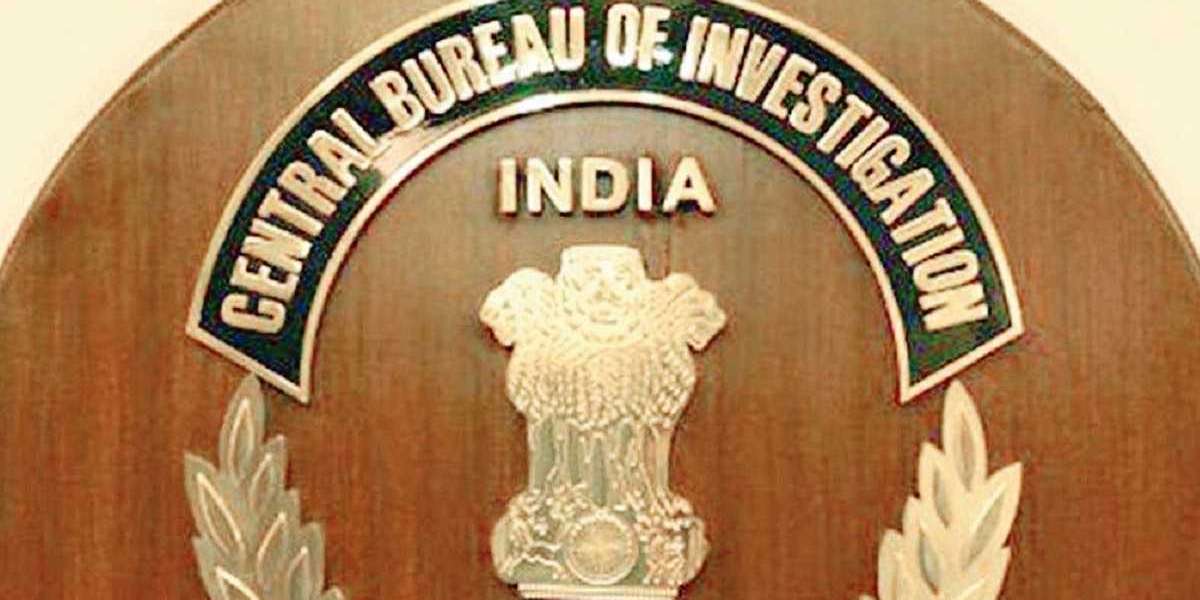The Central Bureau of Investigation (CBI) is the premier investigating agency of India. Operating under the jurisdiction of the Ministry of Personnel, Public Grievances and Pensions, the CBI is headed by the Director. Originally set up to investigate bribery and governmental corruption, in 1965 it received expanded jurisdiction to investigate breaches of central laws enforceable by the Government of India, multi-state organised crime, multi-agency or international cases. The agency has been known to investigate several economic crimes, special crimes, cases of corruption and other high-profile cases. CBI is exempted from the provisions of the Right to Information Act. CBI is India's officially designated single point of contact for liaison with the Interpol. The Bureau of Investigation traces its origins to the Special Police Establishment, a Central Government Police force, which was set up in 1941 by the Government of India to investigate bribery and corruption in transactions with the War and Supply Department of India. It had its headquarters in Lahore. The Superintendent of the SPE was Qurban Ali Khan, who later opted for Pakistan during the Partition of India. The first legal adviser of the War Department was Rai Sahib Karam Chand Jain. After the end of the war, there was a continued need for a central governmental agency to investigate bribery and corruption by central-government employees. Sahib Karam Chand Jain remained its legal advisor when the department was transferred to the Home Department by the 1946 Delhi Special Police Establishment Act.
This is DSPE's scope was enlarged to cover all departments of the Government of India. Its jurisdiction extended to the Union Territories, and could be further extended to the states with the consent of the state governments involved. Sardar Patel, first Deputy Prime Minister of free India and head of the Home Department, desired to weed out corruption in erstwhile princely states such as Jodhpur, Rewa and Tonk. Patel directed Legal Advisor Karam Chand Jain to monitor criminal proceedings against the dewans and chief ministers of those states. The DSPE acquired its popular current name, Central Bureau of Investigation (CBI), through a Home Ministry resolution dated 1.4.1963.
The legal powers of investigation of the CBI are derived from the DSPE Act 1946, which confers powers, duties, privileges and liabilities on the Delhi Special Police Establishment (CBI) and officers of the Union Territories. The central government may extend to any area (except Union Territories) the powers and jurisdiction of the CBI for investigation, subject to the consent of the government of the concerned state. Members of the CBI at or above the rank of sub-inspector may be considered officers in charge of police stations. Under the act, the CBI can investigate only with notification by the central government.







